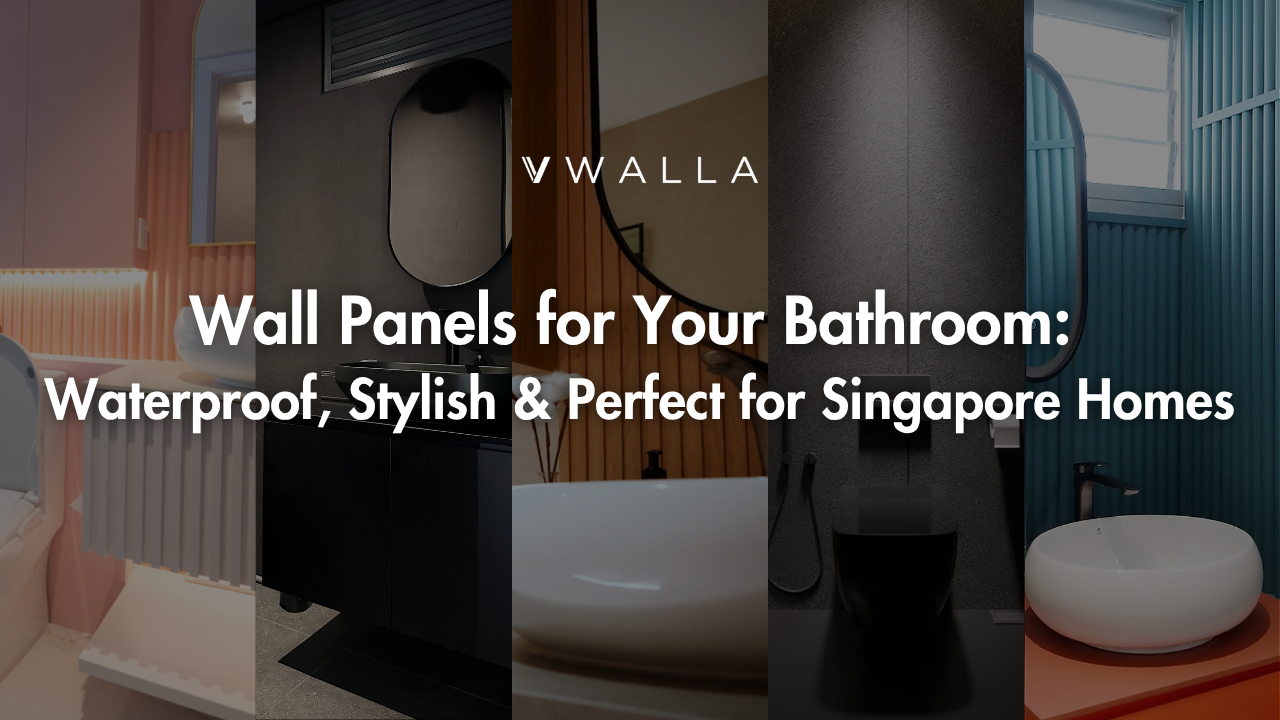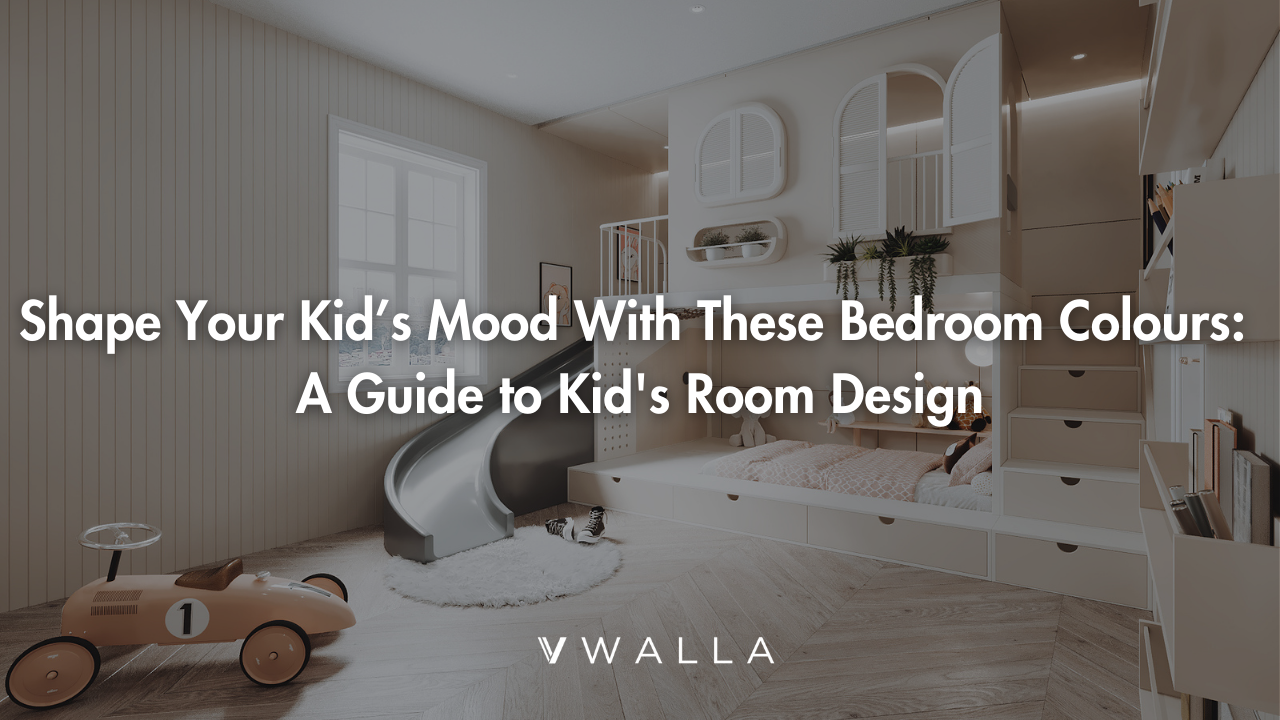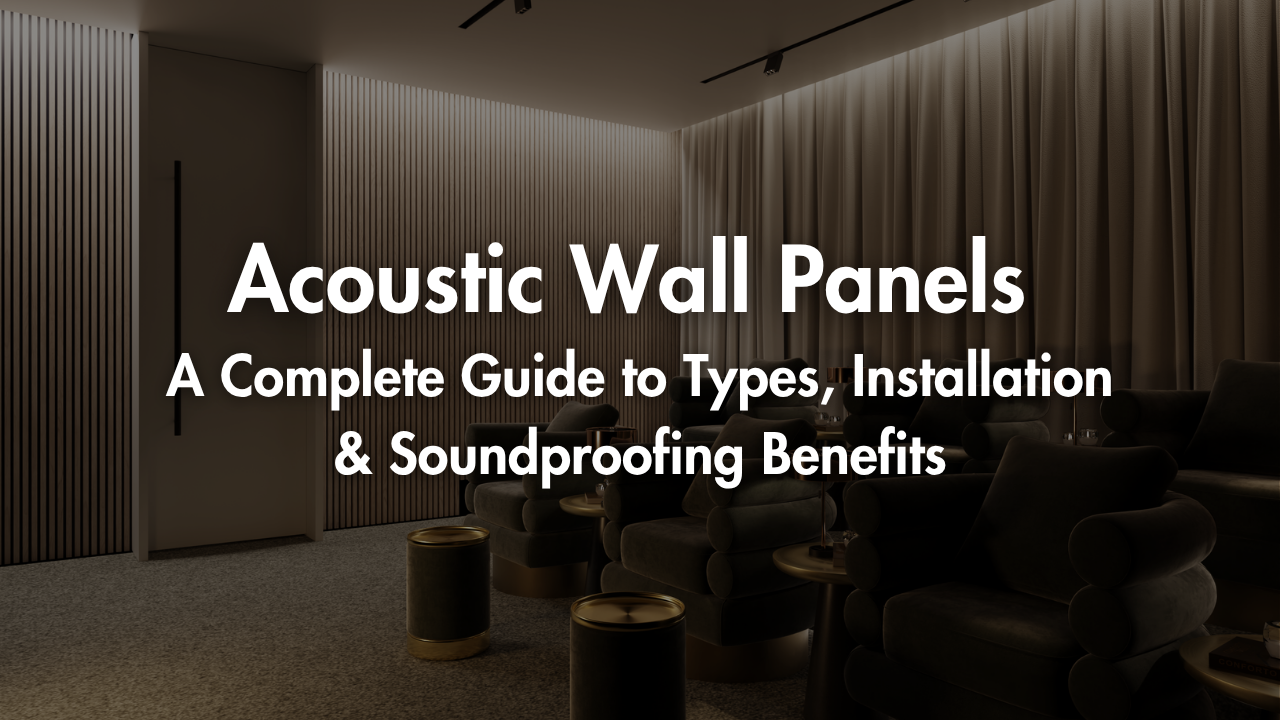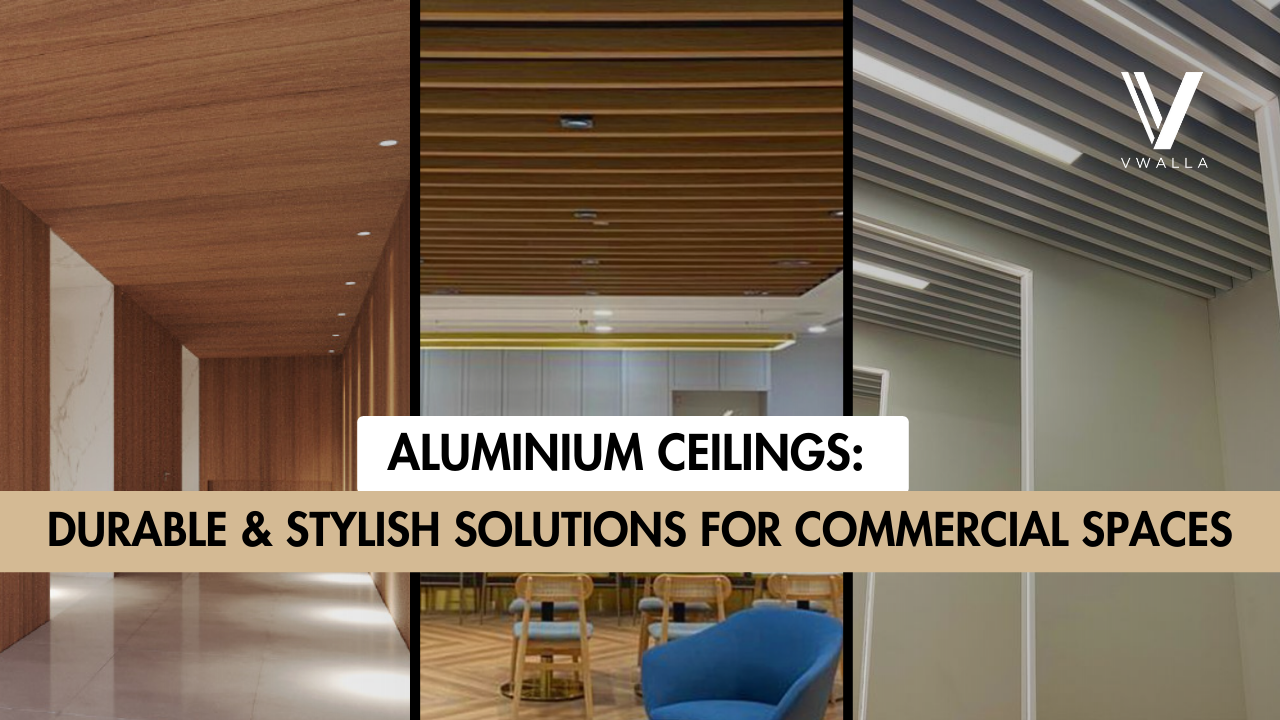
Aluminium Ceilings: Durable and Stylish Solutions for Commercial Spaces
In the world of commercial architecture, the choice of ceiling material can significantly impact both the functionality and aesthetics of a space. Aluminium ceilings have emerged as a premier option, offering an exceptional blend of durability, versatility, and style. This blog delves into why aluminium ceilings are a standout choice for commercial spaces, exploring their numerous benefits, design options, and practical advantages.
The Advantages of Aluminium Ceilings
1. Superior Durability and Longevity
Aluminium is celebrated for its strength and resilience, making it an ideal material for commercial ceilings. Unlike traditional materials such as drywall or plaster, aluminium ceilings are highly resistant to environmental factors like moisture, corrosion, and rust. This resilience ensures that aluminium ceilings maintain their structural integrity and visual appeal over time, even in high-traffic or challenging environments like kitchens, bathrooms, and industrial settings.
2. Enhanced Fire Resistance
Safety is a critical consideration in commercial buildings, and aluminium ceilings excel in this regard. Aluminium’s high melting point renders it non-combustible, which significantly enhances fire safety. These characteristic helps buildings comply with stringent fire codes and regulations, providing peace of mind for occupants and facility managers alike.
3. Sustainable and Environmentally Friendly
As sustainability becomes increasingly important in construction, aluminium ceilings stand out for their eco-friendly attributes. Aluminium is a highly recyclable material, and many manufacturers use recycled content in their products. By opting for aluminium ceilings, businesses can contribute to reducing waste and promoting sustainable building practices. Additionally, aluminium’s long lifespan means fewer replacements and reduced environmental impact over time.

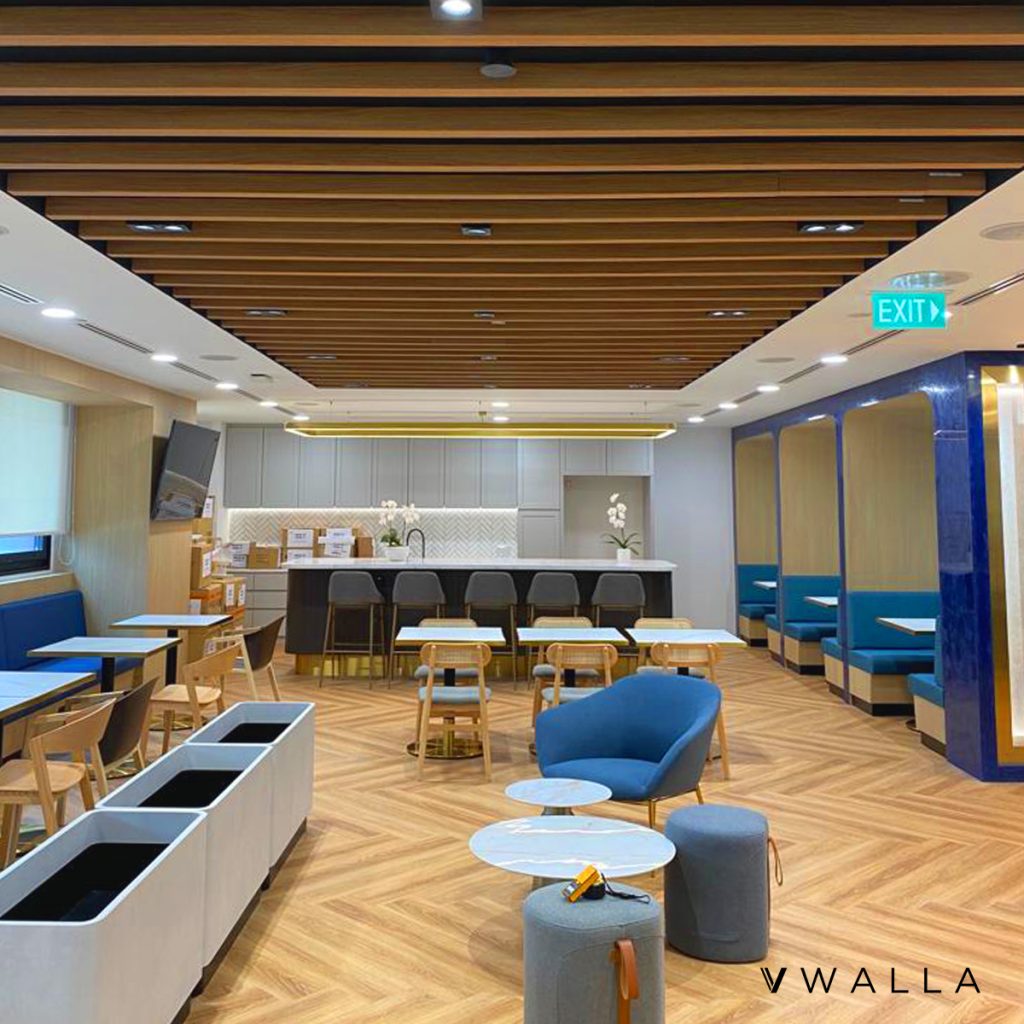
Aesthetic Flexibility and Design Options
1. Design Versatility
Aluminium ceilings offer unmatched design flexibility, allowing for a wide range of styles and finishes. Whether you’re aiming for a sleek, modern look or a more intricate pattern, aluminium can be customized to fit your vision. Some popular design options include:
- Baffle Ceilings: Baffle ceilings use vertically hung aluminium profiles to create a striking layered effect. This design not only adds visual interest but also helps improve acoustics by absorbing sound waves, making it suitable for spaces with high noise levels.
- Exposed Grid Systems: Featuring visible aluminium profiles arranged in a grid, this system provides a contemporary look and allows for easy access to the ceiling space. The grid can be paired with various infill panels, such as metal, wood, or fabric, to achieve different aesthetic effects.
- Lay-in Tile Systems: These systems consist of square or rectangular tiles that fit into a pre-existing grid. They offer a clean and streamlined appearance and are ideal for spaces where simplicity and ease of installation are priorities.
2. Acoustic Performance
Aluminium ceilings are not just about looks; they also contribute to a space’s acoustic comfort. Systems like baffle ceilings and those with acoustic backing can effectively manage noise, making environments quieter and more pleasant. This is particularly valuable in settings like open-plan offices, educational institutions, and healthcare facilities, where noise control is essential for productivity and comfort.
3. Energy Efficiency
One of the lesser-known benefits of aluminium ceilings is their impact on energy efficiency. Aluminium’s reflective properties help distribute natural light more evenly throughout a space, potentially reducing the need for artificial lighting. This can lead to lower energy costs and a more energy-efficient building overall.
Types of Aluminium Ceiling Systems
Baffle Ceilings
Baffle ceilings create a modern and sophisticated look with vertically hung aluminium profiles. They offer two main advantages:
- Improved Acoustics: The design helps to absorb sound, reducing noise levels and enhancing acoustic comfort in the space.
- Contemporary Aesthetic: The clean lines and layered effect of baffle ceilings contribute to a sleek and stylish appearance, suitable for modern architectural projects.
Exposed Grid Systems
Exposed grid systems feature visible aluminium profiles arranged in a grid pattern, with infill panels filling the spaces between the profiles. This design offers several advantages:
- Easy Access: The grid structure allows for quick and convenient access to the plenum space above the ceiling, facilitating maintenance of building systems such as electrical wiring, HVAC ducts, and fire sprinklers.
- Design Flexibility: The variety of materials and finishes available for infill panels provides significant design flexibility. This system can be adapted to suit a wide range of architectural styles and preferences.
Lay-in Tile Systems
Lay-in tile systems are a cost-effective and straightforward option. The tiles, which are usually square or rectangular, fit into a pre-existing grid suspension system. Key benefits include:
- Ease of Installation: Lay-in tiles are relatively easy to install, making them a popular choice for projects with tight budgets or timelines.
- Affordability: The simplicity of the design contributes to lower costs, making lay-in tile systems an attractive option for cost-conscious projects.
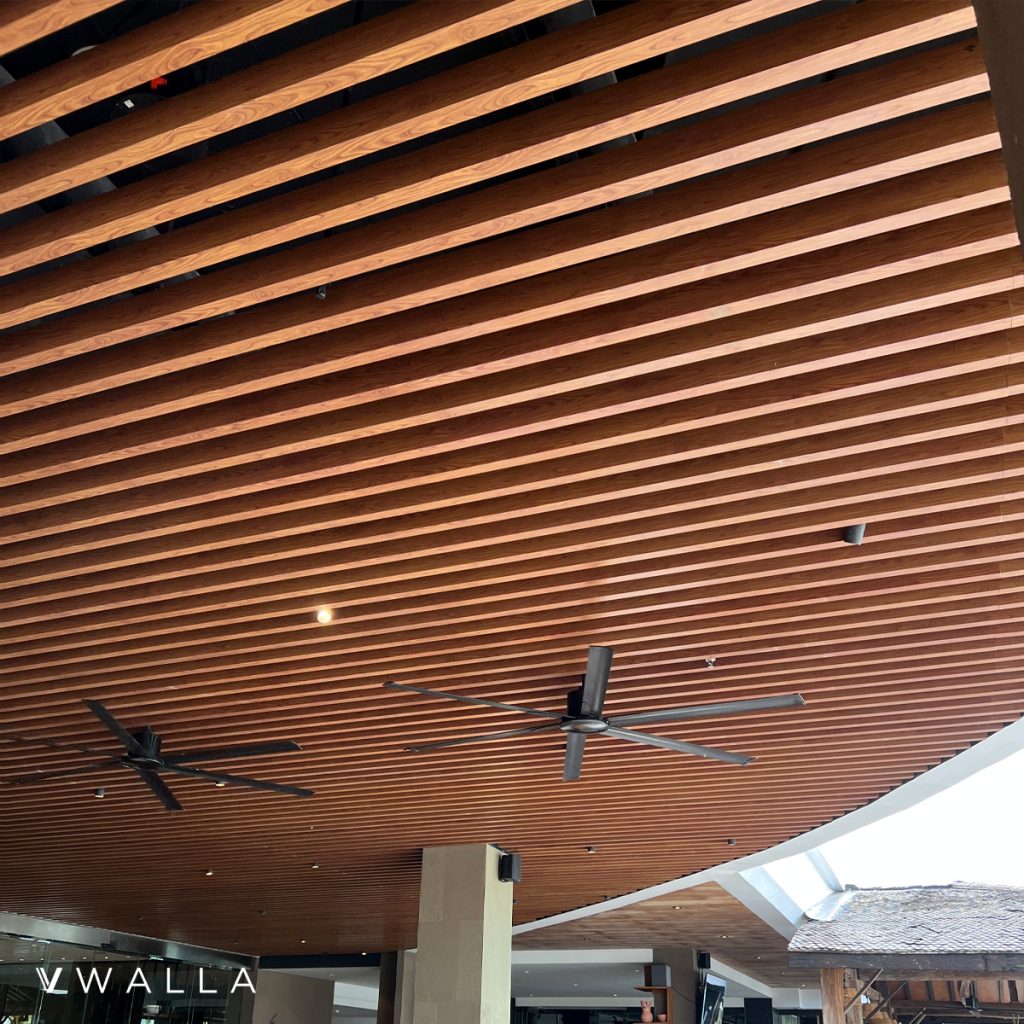
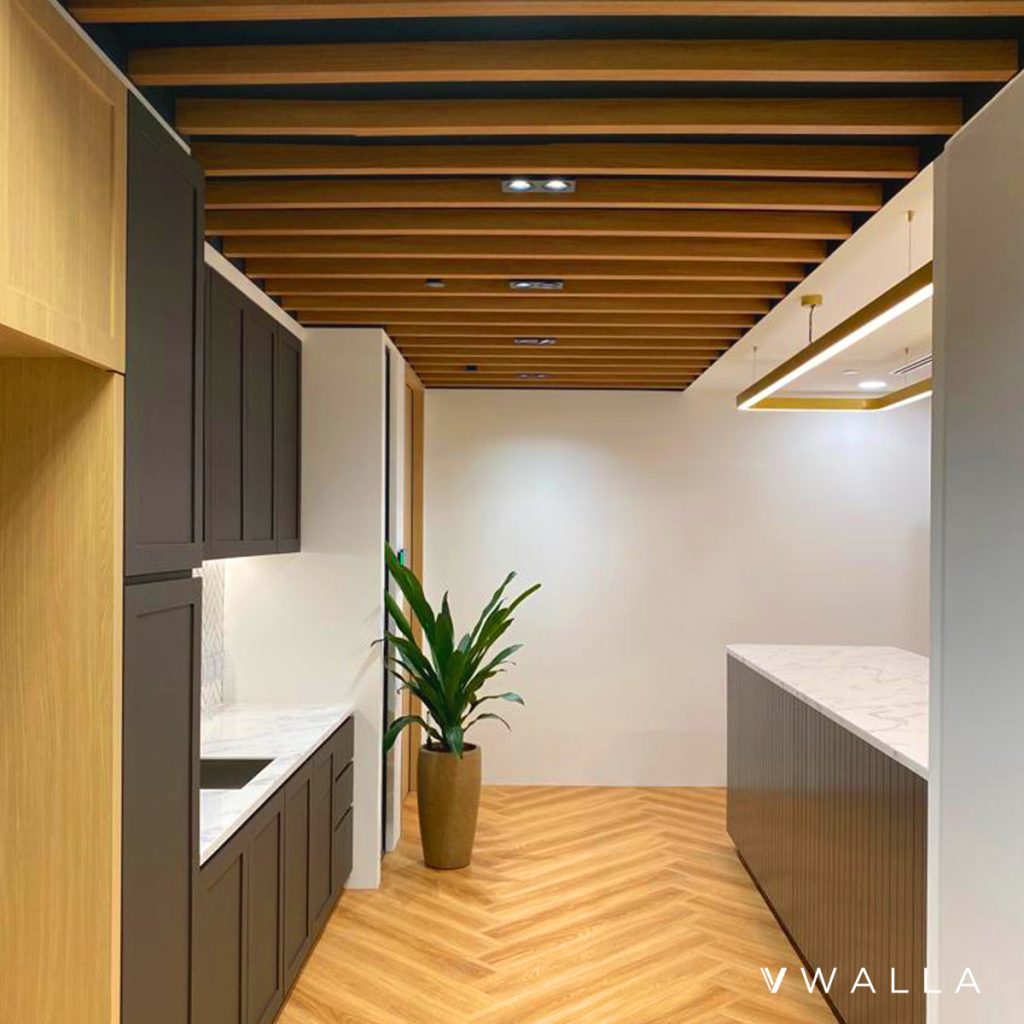
Conclusion
Aluminium ceilings represent a sophisticated and practical choice for commercial spaces. Their durability, fire resistance, and minimal maintenance requirements make them a reliable option for a variety of environments. Additionally, their design flexibility and acoustic performance contribute to creating aesthetically pleasing and functional spaces. As commercial architecture continues to evolve, aluminium ceilings will remain a preferred solution, combining modern style with enduring performance.
Wall Panels for Your Bathroom: Waterproof, Stylish & Perfect for Singapore Homes
Bathrooms are no longer purely functional spaces; they’ve evolved into personal sanctuaries for re
Shape Your Kid’s Mood With These Bedroom Colours: A Guide to Kid’s Room Design
Designing a space where your child can thrive emotionally, creatively, and physically starts with th
Acoustic Wall Panels: A Complete Guide to Types, Installation & Soundproofing Benefits
Introduction In noisy urban environments like Singapore, unwanted sound can disrupt productivity, re


